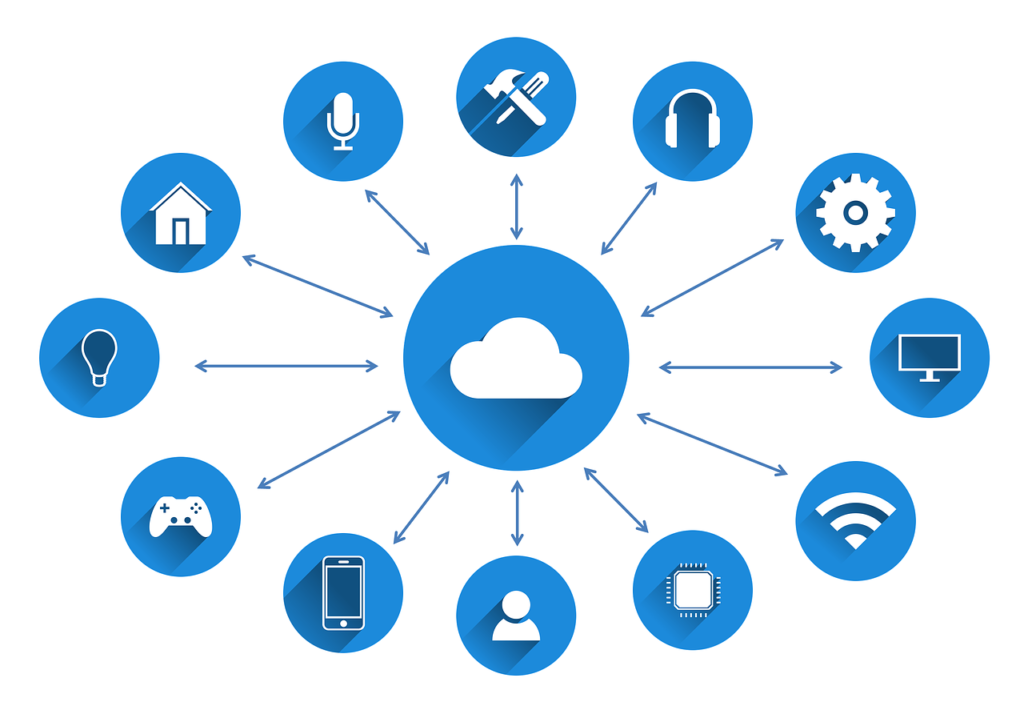The next mobile network technology, dubbed 5G, is due out in 2019/2020 and it is expected to transform mobile banking with higher data speeds and greater signal efficiency, according to the World Fintech Report from Capgemini and LinkedIn.
Short of 5th Generation, 5G wireless is the next evolutionary step in the development of broadband wireless service, promising must faster download speeds, lower latency, much greater capacity for providers, and less power usage on mobile devices.
When 5G networks go online in the coming years, smartphones will be capable of super-fast downloads of over 1Gbps, and as the technology spreads, this could rise exponentially, hitting download rates of 20gbps and upload rates of 10gbps.
Xavier Vilajosana, director of the Wireless Network Research Laboratory in the IN3 at the Open University of Catalonia (UOC), said that 5G “will not just allow massive access to data from a cellular phone … it will also transform the core network.”
“We will go from technology based on hardware like routers, and switches that redirect Internet traffic to cloud based technology where we will install virtual machines to multiply network capacity,” Vilajosana said.
5G and fintech
As the mobile technology gets closer to mainstream introduction, the potential of the 5G ecosystem for fintech and mobile banking is gaining clarity as it promises to trigger a new era of more advanced, personalized and frictionless fintech solutions.
According to experts and industry observers, 5G will offer new opportunities for fintech companies and financial institutions.
Matthew Fell, CBI’s UK chief policy director, highlighted that “if data is the new oil, then digital connectivity is the pipe that transports it. Seamless connections, from full fiber networks to 5G, offer unprecedented opportunities for businesses and consumers.”
First off, the technology will support mobile payments adoption by reducing latency and transaction times, allowing for lightning-fast real-time user experience, and instant banking and payment transactions. But more broadly, the convenience and security enabled by 5G will make mobile the center of all banking transaction.
In the short-term, 5G will also be key to the use of third-party application programming interfaces (API) within banking as third-party apps will increasingly gain access to banks’ databases to make transactions.
 5G, a key driver for the Internet-of-Things
5G, a key driver for the Internet-of-Things
But perhaps one of the most disruptive opportunities enabled by 5G is the Internet-of-Things (IoT). 5G is expected to be a key driver for the IoT, which will see more connected devices and machines, increased automation, and a rapid development in new applications to enable automation.
5G will allow smartphones, smartwatches, earphones, activity bands, virtual/augmented reality headsets, flexible sensors on smart clothes, and smart eyewear, to talk to each other and swap data. With the IoT in place and growing, payment technology and new financial apps will surge on the back of these devices, making real-time micro-payments a reality and eventually turning this into a very big business.
Wearables, connected devices and the IoT will also allow banks to collect a tremendous amount of customers’ data, enabling them to gain more insights into customer behavior. Using technologies including artificial intelligence, cognitive computing and machine learning, banks will be able to develop personal banking assistants and robo-advisors that scan all data in the cloud about someone’s life and financial behavior to provide a more personalized and advanced banking experience.
With vastly improved download and upload rates, 5G is also expected to enable advanced security measures such as more in-depth biometric verification. Instead of a fingerprint sensor or face/gesture recognition taking place on a device, all smartphones and wearables will have a real-time link to the cloud, so that much more finely-grained device security could be enabled.
Commonwealth Bank of Australia (CBA) is one of the numerous financial institutions exploring the opportunities related to 5G in the banking sector. CBA announced a partnership with Ericsson and Australian service provider Telstra to explore 5G edge computing use cases and network capabilities by testing end-to-end banking solutions over 5G.
Speaking prior to the start of Mobile World Congress (MWC) 2019 in Barcelona earlier this year, Nikos Katinakis, Telstra’s group executive, networks and IT, said:
“5G has the potential to transform the financial services sector and deliver innovation in a faster and more efficient manner. 5G edge computing is all about bringing the network closer to the user or application. For financial institutions like Commonwealth Bank, it will help to enhance existing banking applications as well as deliver new use cases such as artificial intelligence, all supported by a range of software defined networking solutions.”
In December 2018, Verizon and Samsung unveiled plans to launch US 5G phones in the first half of 2019, a move that would beat Apple which has said it will wait until at least 2020 to release the first iPhones featuring the tech.
Featured image: 5G, PxHere.com.



Schreibe einen Kommentar